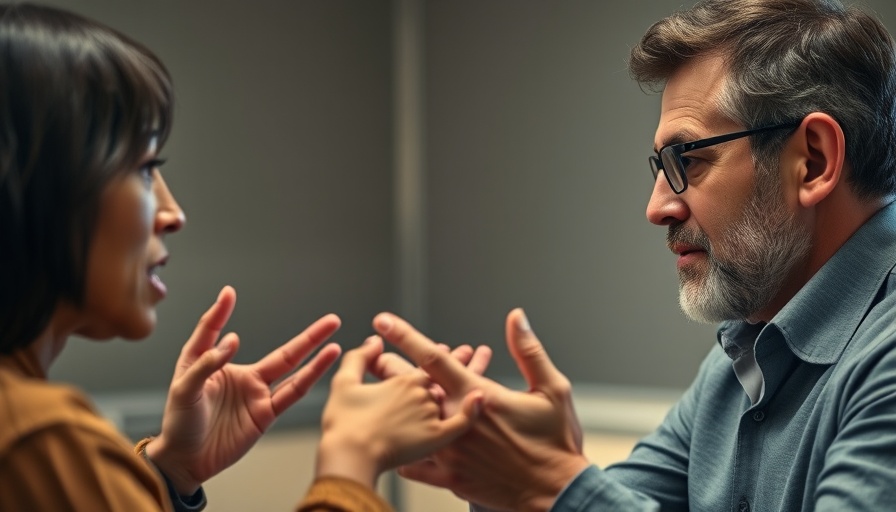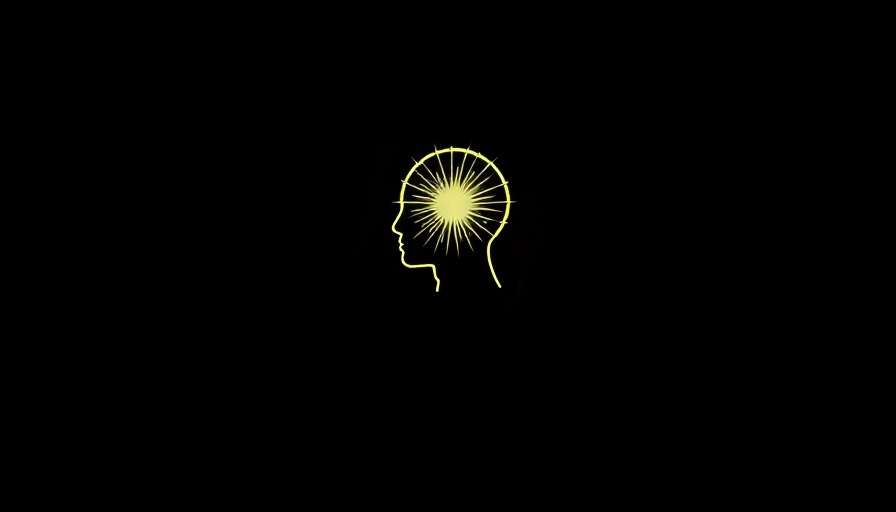
AI Image Generation Sparks Copyright Controversy
In a stunning demonstration of the power of artificial intelligence, OpenAI’s recent launch of its image generator has ignited a wave of excitement, creativity, and significant debate. Within just 24 hours of its unveiling, social media platforms were inundated with AI-generated images styled after Studio Ghibli, one of Japan's most beloved animation studios known for classics like "My Neighbor Totoro" and "Spirited Away." Users utilized the tool for playful renditions of public figures and pop culture icons, including imaginative re-imaginings of Elon Musk and iconic characters from literature. Witnessing this frenzy, OpenAI's CEO Sam Altman even adopted a Studio Ghibli-inspired avatar, a clear nod to the innovative application of the new technology.
The Legal Landscape of AI and Copyrights
However, the rapid proliferation of these generated images brings to light pressing copyright concerns. As Evan Brown, an intellectual property attorney, notes, these AI creations dwell in a legally ambiguous territory. The crux of the issue lies in how AI models like GPT-4o are trained. If they are drawing image styles from the vast library of copyrighted works, questions surrounding potential copyright infringement arise. Unlike individual artistic styles, which are not strictly protected by copyright, the training methodologies employed by AI systems prompt serious discussions on fair use and ownership rights.
Ongoing Lawsuits and Future Implications
This debate is far from theoretical, as high-profile lawsuits are currently unfolding against OpenAI from prominent publishing entities asserting that the company has utilized their copyrighted materials without consent. As many courts are yet to establish firm precedents on AI’s replication of stylistic elements, the outcomes of these cases may significantly shape the future of AI technology and copyright law. OpenAI maintains that while it doesn’t replicate the unique style of living artists, it permits broader studio styles, further complicating the matter for artists whose styles are well-defined but not legally protected.
Conclusion: A New Era of Creativity or Copyright Chaos?
The intersection of technology and creativity is witnessing groundbreaking advancements, but as OpenAI’s latest developments illustrate, creativity often tests the bounds of legality. As we step into this new era, one must ponder: Will AI unlock vast creative possibilities, or will it unravel the very fabric of artists' rights? Staying informed about these developments is crucial for anyone invested in the future of AI and creativity.
 Add Row
Add Row  Add
Add 




Write A Comment